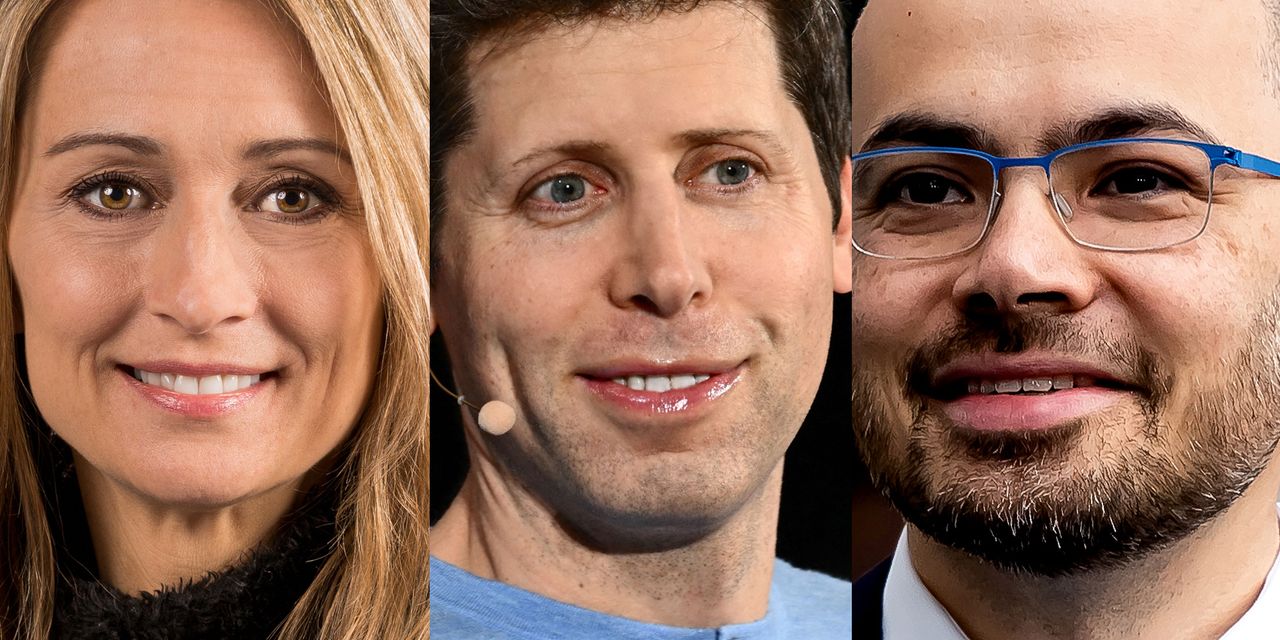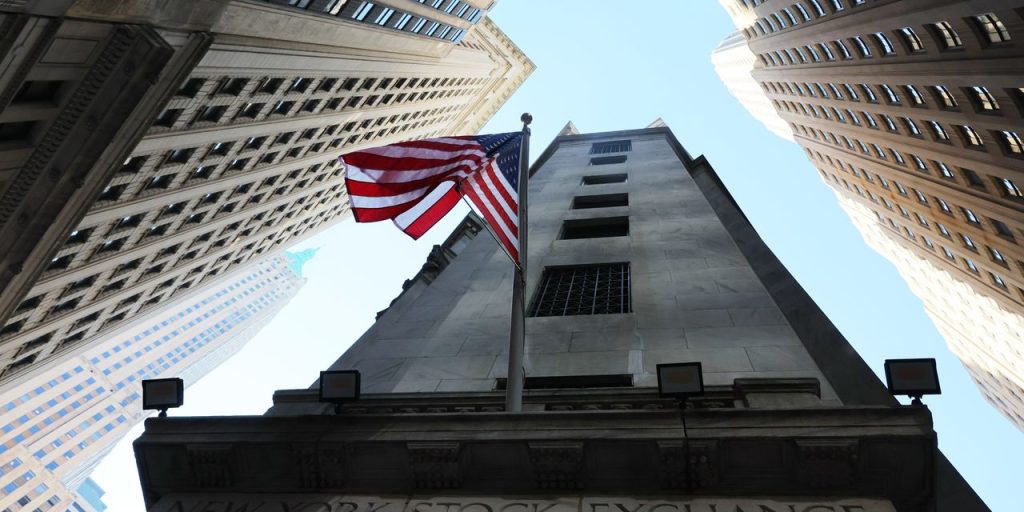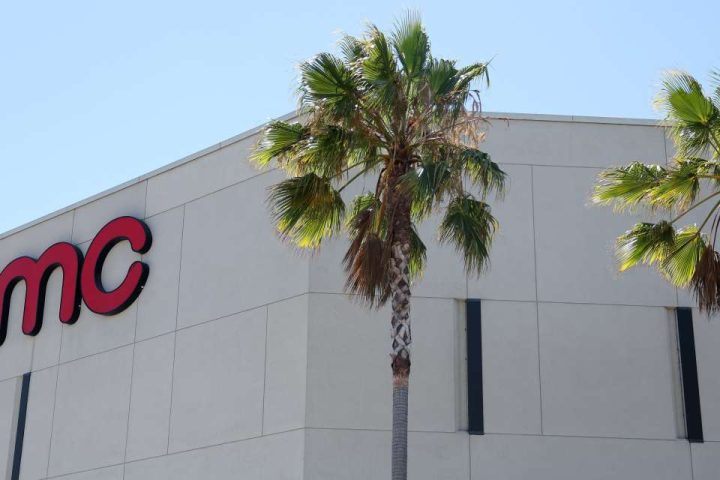On a Wednesday afternoon in May, Colette Kress kicked off an investor conference call by talking through the latest financials at Nvidia. The chief financial officer of the chip maker discussed the first quarter revenue figures, and how the company’s clients, ranging from big tech behemoths to insurance firms and game makers, were using Nvidia’s chips to adopt generative AI systems.
Then, Kress made the prediction that stunned Wall Street.
“Let me turn to the outlook for the second quarter,” Kress said. “Total revenue is expected to be $11 billion, plus or minus 2%.”
It was shocking and unforeseen guidance. The $11 billion of quarterly revenue would be greater than any quarterly-sales total Nvidia had ever generated. The most the company had ever produced in the past was $8.29 billion. The Wall Street analysts who followed Nvidia
NVDA,
were only, on average, expecting the company to reach $7.17 billion of second-quarter revenue. Kress went on to say the growth was “reflecting a steep increase in demand related to generative AI and large language models.”
Instantly, Nvidia’s market capitalization added $200 billion and nearly reached $1 trillion, as the stock rose by 25% in after-hours trading. For many on Wall Street, Kress’s guidance was proof that the AI boom was real and the stock market soared in the days and weeks that followed. Nvidia would end up surpassing Kress’ projections and she has continued to make ever loftier sales and profit predictions since.
Kress is one of eight AI players on The MarketWatch 50 list of the most influential people in markets. These are the people leading an AI boom that has been responsible for much of the U.S. stock market’s gains in 2023. For Kress, keeping Wall Street accurately informed will be crucial as she supports Nvidia’s visionary CEO, Jensen Huang, a singular force in AI who could determine the course of the technology sector for years to come because the AI revolution is running on Nvidia’s chips.
The AI story that has dominated markets started with Sam Altman, who in November 2022 made a rare and unilateral decision at his company, releasing a stunning AI Chatbot into the world. In the months since the launch of ChatGPT, every corner of society from business to education, has been reckoning with its implications.
Altman’s company, OpenAI, was once a non-profit and had been working on the technology behind ChatGPT for a few years prior to its release. OpenAI, which counts Microsoft as a major investor, stoked an investor frenzy around generative AI that has rippled through markets. That’s helped to reinvigorate Silicon Valley, with nearly every company entering the controversial race to build AI systems that could have far reaching consequences.
Satya Nadella, chief executive of Microsoft
MSFT,
accomplished what was thought by some to be impossible, turning the company around by focusing on the cloud. In doing so, Nadella put Microsoft back near the top of the technology mountain. Now, Nadella has found his second Big Idea: Artificial intelligence. By investing in OpenAI and incorporating its technology into key Microsoft products, Nadella overcame a perceived AI lead by Google and turned Microsoft into an AI figurehead. Now, he must live up to expectations that have pushed his company’s valuation as high as $2.5 trillion.
As Microsoft looks to invest heavily in artificial intelligence, it’s Amy Hood‘s job to explain to Wall Street where the money is going, and what shareholders can expect the investment to achieve. Microsoft’s chief financial officer has effectively communicated Microsoft’s AI investment roadmap so far, helping to push up the company’s stock by nearly 50% so far in 2023 and maintain the second-biggest market capitalization in the world. The role comes naturally to Hood. She has been Microsoft’s calculated voice to Wall Street as CFO for a decade and perfected the art of countering CEO Nadella’s tech-visionary prognostications with clear numbers and concrete pathways.
For years, Sundar Pichai has overseen billions of dollars of artificial intelligence investment and related development while at the helm of Alphabet
GOOGL,
Google’s parent company. That’s why Alphabet’s board reportedly reacted with shock and dismay after Microsoft and OpenAI became the figureheads for the AI age in 2023. In response, Pichai rushed out Bard, Google’s answer to OpenAI’s ChatGPT, and made structural changes within the company, combining Google DeepMind with the Google Brain unit and putting Demis Hassabis in charge of the combined entity. Hassabis is working to develop a large AI model called Gemini that Pichai said “will significantly accelerate our progress in AI.”
Geoffrey Hinton’s research on AI and neural networks resulted in major breakthroughs that form the foundation of today’s AI boom. His innovations include the creation of AlexNet, which helped turn Nvidia into a trillion-dollar company. But now, the so-called Godfather of AI is warning of the technology’s potential consequences. In 2023, Hinton quit his decade-long job at Google so he could speak more openly about his concerns. He is now a professor emeritus at the University of Toronto and has expressed deep worry about his field, saying he fears where it’s headed. Hinton is advocating for an analog or “mortal” approach to AI that he argues could be less dangerous than digital models.
Read the full article here







